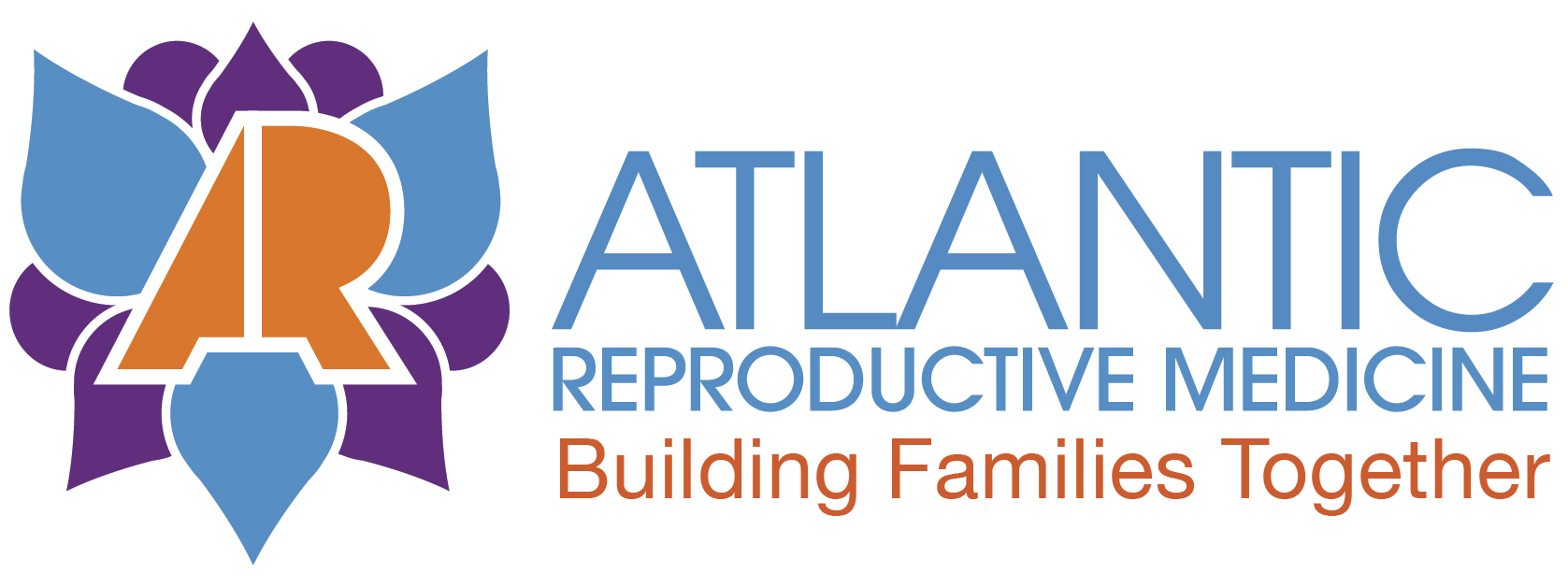
Gestational Carrier FAQs
You’re not alone. We’re here to answer all your questions.
Becoming a gestational carrier is a journey that requires understanding, planning, and commitment. As experienced fertility doctors in Raleigh, we recognize that each journey is different. However, our goal is to partner with you during this journey and answer any questions you may have. Below we’ve compiled a list of the most common questions about the gestational carrier journey.
General
Yes. When you become a gestational carrier, you have no genetic relationship with the child.
Working with an agency is a decision you must make when looking to become a gestational carrier. Partnering with an agency can save you time searching for intended parents and ensure that your rights and carrier expectations are met. Our agency is also your advocate and helps ensure you are represented throughout the journey.
In some cases, we make exceptions for certain circumstances, however, gestational carriers are typically between the ages of 21 and 40 years old.
To become a gestational carrier, your first steps include determining if you meet the basic requirements. These requirements include:
- you have had at least one successful pregnancy
- you do not have any medical conditions that could interfere with the pregnancy
- you are a non-smoker
- you are willing to take prenatal care measures
Traditional surrogacy refers to a woman who becomes pregnant when the intended sperm fertilize her own egg through intrauterine insemination. nnA gestational carrier carries a child to full term for the intended parents. The intended parents create the embryo through IVF, also known as in-vitro fertilization. This embryo is then placed in the uterus of the gestational carrier, who will give birth to the baby.
About the Journey
Yes. Your partner must attend psychological screenings to ensure you’re both mentally prepared for the journey. Medical screenings are required and typically include blood and urine testing, a physical exam, and in some cases, a complete medical records review. Your partner will also need to undergo sexually transmitted disease screening as well.
At Atlantic Reproductive Medicine Specialists, you must know that we are with you every step of the way. When you become a gestational carrier with us, we will work to ensure your mental and physical wellness. We will guarantee the most advanced fertility and medical treatment and provide a family psychologist and legal representation.
Your initial medical procedures and screenings typically take place at our fertility clinic. Once you become pregnant, you’ll begin visiting with your obstetrician and gynecologist to ensure your and the baby’s health and wellness. You’ll give birth to the baby at a hospital or the agreed-upon location.
The amount of contact and interaction you have with your intended parents largely depends on the wishes of both parties. In most cases, the relationships positively evolve over time as your journey progresses.
Yes. Once the intended parents review your profile and request to meet you, you’ll receive a profile of the intended parents.
Every gestational carrier journey is unique. Typically, the process can take up to 1 to 2 months to be matched with the intended parents and 3 to 4 months to complete the medical preparations and psychological screenings.
Pregnancy and Beyond
You are compensated when you become a gestational carrier by the intended parents. The intended parents will also cover pregnancy-related expenses, fertility treatment, legal fees, etc.
As a gestational carrier, you will have no genetic relationship with the child. Therefore, the legally intended parents of the child you carry will be identified in the contracts and agreements regarding your planned pregnancy. In the Baby M case, the woman was a traditional surrogate with a genetic link to the child.
Whether or not your intended parents will be present at birth is a decision typically made during the development of your birth plan. Your birth plan is typically a plan that is put into place to help parents and gestational carriers make tentative arrangements for the birth of the child.
All pregnancy complications are handled on a case-by-case basis. However, if during your previous pregnancy, you developed preeclampsia, gestational diabetes, blood transfusions, best rest, or any other pregnancy health challenges becoming a gestational carrier could put your life at risk.
Absolutely! When you become a gestational carrier, you become pregnant through IVF. The embryos are placed directly into your uterus during the IVF procedure, so the fallopian tubes are not used.
